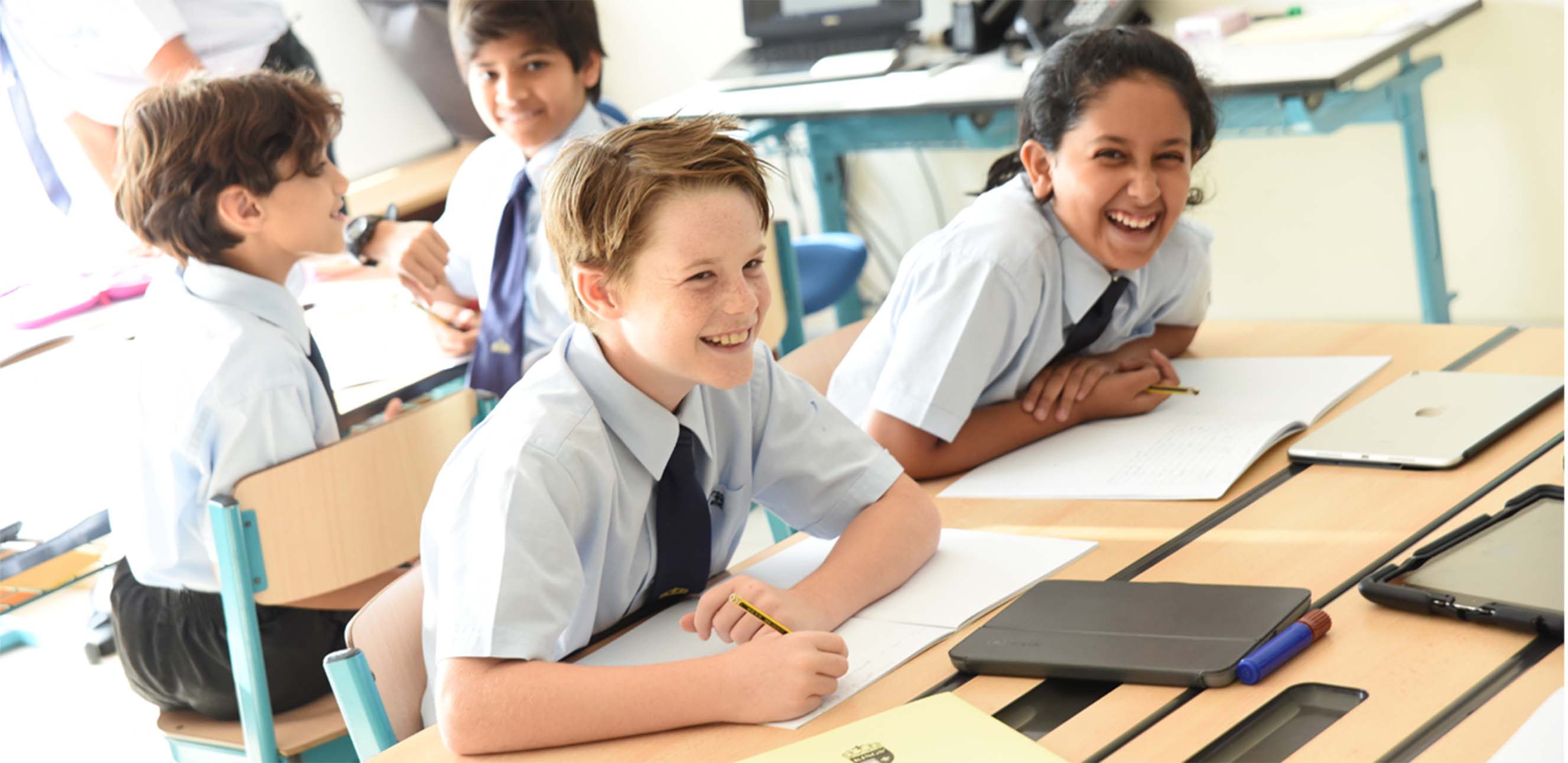
We've all heard stories of 13-year-olds going to uni etc, but what does gifted and talented look like to you/in your school?
Once able, gifted and talented children have been identified in our school, a programme is put in place. Children are extended in the classroom; in small groups and - in very rare cases - in individual sessions by specialist staff to ensure that they achieve their full potential in the subject area. In addition, specific after school clubs are designed to further extend children who show natural talent and ability.
Most parents if they're honest, think their child is gifted somewhere along the line, but what would you consider the 'red-flags' for gifted and talented children and at what age would parents likely see them manifest?
Children who are able, gifted or talented are identified by their usual attainment levels for their chronological age in a range of subject areas such as literacy, mathematics, science, computer technology as well as performing arts, for example piano. Identifying children at a young age is important to ensuring that they are challenged appropriately for their individuality ability. However, this may change over a child’s academic career as children develop at different ages and their abilities and skills may become age appropriate at a different time.
How is gifted and talented assessed? (in house/SENCO, external diagnostic centre, etc.?
Teacher/SENCO Observations and Recommendations:
Teachers can identify children through observation, subject assessment data through the schools’ O Track system and GL Progress Test results. The children are then further assessed through the schools’ LInK Department to see if particular provision is required. The CAT4 Data is taken into consideration, students who have a Mean score of 125+ are automatically highlighted.
What happens once a child is officially termed 'gifted and talented?' Do the normal SEN rules apply e.g. ILP, SENCO coordination, etc.?
Once identified, students are recorded on the Able, Gifted and Talented Register and are identified in the class planning so that class teachers extend the children in their area of strength. Further support is provided and the child is encouraged to participate in external clubs and events.
Most parents probably dream of having their child diagnosed as gifted and talented, but are there any downsides to it all?
A child may feel they have the potential to achieve at the highest level across all curriculum areas, which may in turn cause stress and anxiety. The emotional well-being of a child is the most important aspect to life.
What does really strong parenting of a gifted and talented student look like to you?
Parents are very supportive of a gifted and talented student. It is important to remember that they too need support and encouragement in order to achieve their potential across all curriculum areas. Parents should also allow the student to participate in other areas that interest them.
Are there any pit-falls which commonly occur with gifted and talented children, both in school and once in university?
All teachers and specialist staff should be made aware of children who are gifted and talented. If a child is identified as gifted and talented, they should be extended in the classroom to their potential and given opportunities to discover self-taught skills. Some may think that they already have the ability so they may not need the support or encouragement to extend their knowledge. Monitoring and guidance is essential throughout their school life.